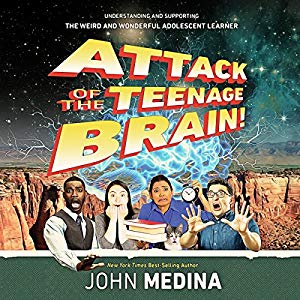Tags
ADHD adolescence attention book review boundary conditions classroom advice conference speakers constructivism/direct instruction creativity desirable difficulty development dual coding education elementary school embodied cognition emotion evolution executive function exercise experts and novices gender high school homework intelligence long-term memory math methodology middle school mindfulness Mindset motivation neuromyths neuroscience online learning parents psychology reading retrieval practice self-control skepticism sleep STEM stress technology working memoryRecent Comments
- Understanding Test Anxiety on Test Anxiety: How and When Does It Harm Students?
- A Skeptic Converted? The Benefits of Narrative |Education & Teacher Conferences on Help Me Understand: Narrative Is Better than Exposition
- Debate #4- Cell phones be banned from the classroom. | Aradhana's blog – ECI830 on Cell Phones in the Classroom: Expected (and Unexpected) Effects
- The Rare Slam Dunk? Blue Light Before Bed |Education & Teacher Conferences on “Writing By Hand Fosters Neural Connections…”
- Andrew Watson on “You Can Find Research that Proves Anything”
ABOUT THE BLOG
Tag Archives: executive function

Can We Improve Our Students’ Executive Function? Will That Help...
New research suggests that the right kind of Executive Function training just might help struggling readers. Continue reading

Executive Function Isn’t What You Think It Is (Maybe)
As a soccer coach, I want my students to get better at soccer. As an English…

Does Low-Structure Free Time Improve Executive Function?
Students can be taught executive-function skills that help in schools. They learn executive-function skills that help outside of school by playing on their own. Both kinds of practice help children mature. Continue reading
![AdobeStock_134653655 [Converted]_Credit](https://www.learningandthebrain.com/blog/wp-content/uploads/2019/03/AdobeStock_134653655-Converted_Credit-768x520.jpg)
The Debate Continues: Being Bilingual Doesn’t Improve Executive Function
Adding to a complex research history, a new study finds that being bilingual did not increase executive function. Given the complexity of this question, perhaps we should focus on the obvious benefits of being bilingual: we can meet and talk with more people. Continue reading

Big Hairy Audacious Education Proposal of the Month
John Medina’s books have been a gateway drug for many a brain-focused teacher. (Like so…

Executive Function: More Than Meets the Eye
Executive functioning (EF) is a burgeoning research area for psychologists, neuroscientists, and educators. For some,…
